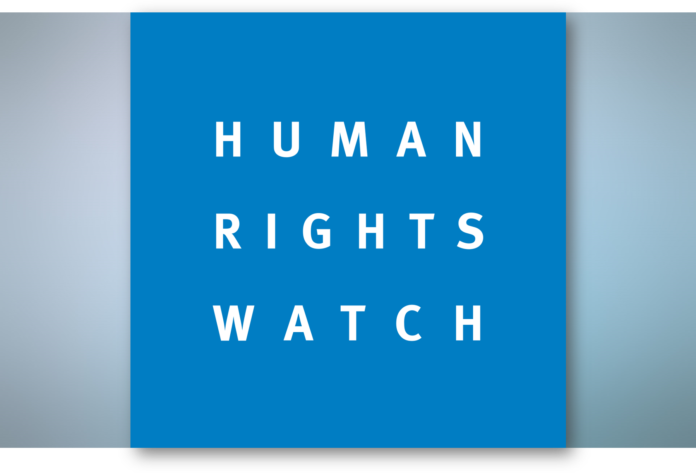Human Rights Watch (HRW) on Thursday called on the Turkish government to immediately lift its ban on Instagram, arguing that the restriction violates the rights to freedom of expression and access to information for millions of users in the country.
The blanket ban was imposed on August 2 by Turkey’s Information and Communication Technologies Authority (BTK), and no detailed explanation has been provided for the decision, according to Turkish Minute.
HRW, in cooperation with the İstanbul-based Freedom of Expression Association (İFÖD), criticized the Turkish authorities for their “arbitrary” decision, which has also disrupted the livelihoods of small business owners who rely on Instagram for their work. The ban followed accusations by President Recep Tayyip Erdoğan’s communications director that Instagram’s parent company, Meta, removed posts related to Ismail Haniyeh, the former head of Hamas’ political bureau, who was killed in Iran on July 31.
“Blocking everyone’s access to an entire social media platform is a grossly disproportionate measure that violates the right to free expression and information,” said Deborah Brown, HRW’s technology and rights deputy director. “A government’s disagreement over certain content decisions should never be used as a pretext to block access to the platform entirely.”
The Turkish government has issued contradictory reasons for the ban, with some officials citing the platform’s failure to remove criminal content, but the BTK has not released an official explanation. HRW and İFÖD emphasized that such a ban is not only disproportionate but also lacks transparency since the details of the decision have not been made public.
The İstanbul Bar Association on Wednesday condemned the ban as “unlawful,” stating that it violates constitutional rights protected under Articles 25 and 26 of the Turkish Constitution and Article 10 of the European Convention on Human Rights. The association urged the BTK to reverse the decision, noting that the Constitutional Court had previously annulled the BTK’s authority to block websites.
The ongoing ban has sparked further criticism from legal experts and digital rights activists, who argue that it reflects the broader crackdown on freedom of expression in Turkey. The country has a history of blocking access to social media platforms, including Twitter, YouTube and Wikipedia, and has been classified as “not free” regarding internet freedom by Freedom House.
As of now, Instagram remains inaccessible to millions of users in Turkey, with no indication of when the ban might be lifted.















